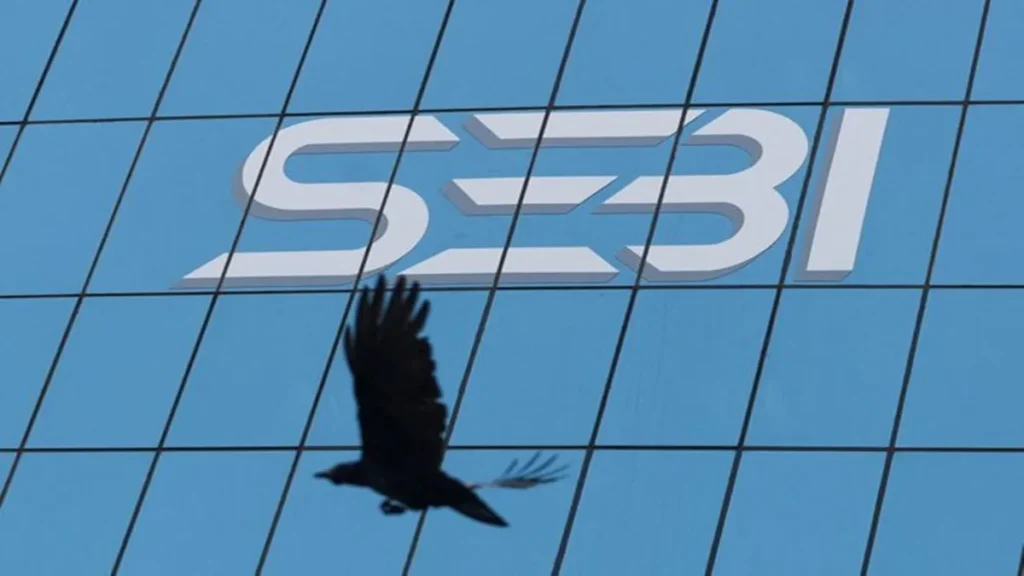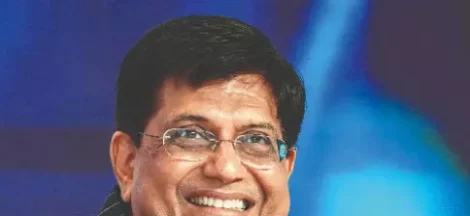MUMBAI: Securities and Exchange Board of India (Sebi) chairman Tuhin Kanta Pandey will set up an internal panel to review current regulations and weed out those that have lost relevance. The exercise would be similar to the one carried out by the Income Tax department while drafting the Direct Tax Code, 2025.
Terming it as an organisational mission, Pandey said he would accelerate the process within the next three months. While the exercise will be done internally, Sebi would consult sector experts to refine the process. “Optimum regulation is the key”, Pandey said. He also believes that there should be an impact analysis of current regulations. “This is a relatively new area. We also need to figure out who can do the regulatory impact assessment and how”, he said.
Pandey was finance secretary and revenue secretary when the simplified Direct Tax Code was presented to Parliament on February 13 (two weeks later he was appointed Sebi chairperson).
While regulations developed in consultations with stakeholders may stay for a longer time, sometimes, regulations can be brought in for six to eight months only to fix newer challenges that emerge in a very dynamic market and then withdrawn after the issues have been resolved, he said.
He also emphasised that the intent of forming a committee to draft conflict-of-interest guidelines will provide clarity and dismissed speculations that private sector talent will find it extremely hard to helm regulatory bodies. “A framework for monitoring is required. If someone has recused, there should be some readymade database,” he said. The names of the high-powered committee to decide on the guidelines will be notified soon.
With 90% of people losing their money in derivative trading, he added that the market regulator is in the process of analysing feedback and will issue a discussion paper to safeguard small investors exposed to options trading.
To broaden the investor base, Pandey said that there are several proposals on the table. Currently, Sebi, the Reserve Bank of India (RBI) and the government are holding discussions on a host of issues, including doubling the 10% cap on direct investment by non-resident Indians (NRIs) and overseas citizens of India (OCIs) as well as allow foreign individual investors through this route. Currently, the 5% cap is for NRIs and OCIs only, while foreign individuals are not allowed to directly invest in Indian equities. Foreign individuals have to come through the foreign portfolio investors (FPI) route.
Pandey also noted that instead of fixing problems, the focus will be on simplification, adding that regulations involve costs. “Suppose there is an egregious case. How do we fix that case? Was it a problem of implementation? or was there some systemic flaw there? If there is a systemic flaw, we should fix that systemic flaw. But if we are in a hurry to find out, give our own solutions to a problem, sometimes it may not be the right diagnosis also.”
With regard to the proposed central KYC for the financial sector, he said Sebi is very keen on this and is working with RBI on this.
Source: The Financial Express




 Countries Soften Stance On Non-Trade Issues With India
Countries Soften Stance On Non-Trade Issues With India 